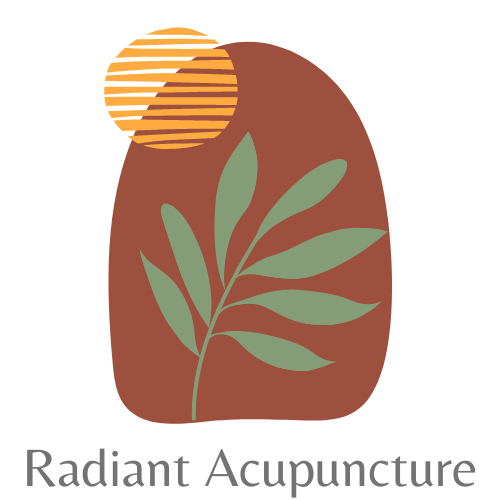How Nature Impacts Your Body
When I talk to my patients, I often mention terms like damp, heat, cold, and wind. And while some people ask follow-up questions, others might be left wondering, “What does that even mean? Should I care?” If you've ever felt that way, don’t worry—you’re not alone! Let me break it down for you in a way that makes sense and connects to your health journey. Think of this as a quick and easy intro, with more insights to come!
A Little History First...
In ancient times, during the Shang Dynasty (1800–1051 BC), illness was thought to come from unhappy spirits or ancestors giving us a nudge to get back in touch. As time went on, during the Chou Dynasty (1050–256 BC), people began noticing how changes in the weather impacted health, associating disease with shifts in the environment. While the science of germs came much later, the wisdom of Chinese medicine has long been rooted in observing nature and how it affects our bodies.
So, What Are the Six Evils and Why Do They Matter?
In my practice, I often talk about what we call the "Six Evils" (Wind, Cold, Heat, Damp, Dryness, and Summer Heat). They represent external factors that can disrupt your body’s natural flow. In Traditional Chinese Medicine (TCM), we also focus on how emotions—like joy, anger, worry, and fear—affect health. But we’ll dive into the emotions another time.
For now, let’s focus on these external "troublemakers." When they show up and throw your system off balance, it opens the door for all sorts of symptoms—headaches, digestive issues, or muscle pain. My job is to help bring your body back into balance through acupuncture and other treatments.
Here’s How I See the Six Evils in Practice:
💨 Wind (Wood – Spring): Wind is the trickiest one to deal with. It’s behind so many conditions, from neck and shoulder pain to skin issues. I always remind my patients to keep themselves bundled up in cooler weather to avoid letting external wind sneak in, which can lead to colds, flu, or worse. In my own practice, I see how Wind can also turn internal, showing up in issues like dizziness, tremors, or migraines.
🥶 Cold (Water – Winter): Cold tends to lock things up, causing tight muscles, menstrual cramps, or joint stiffness. When I notice signs of Cold in my patients, we often use warming therapies like moxibustion to help open things up and get that energy (Qi) moving again. Cold-related issues are common, especially in the winter, and treating them is all about warming the body.
🥵 Heat (Fire – Summer): Heat, on the other hand, can rise and cause all sorts of discomfort—from irritability to digestive upset. In excess, Heat can dry out the body’s fluids and show up as red rashes, headaches, or heartburn. I’ve seen how Heat combined with Wind can trigger things like migraines or liver imbalances, especially after a night of heavy drinking or stress.
💦 Damp (Earth – Late Summer): Dampness is one of those sneaky ones—it can make you feel heavy and sluggish, and it’s tricky to get rid of. I often see patients struggling with bloating, joint pain, or skin issues, all linked to Dampness. In TCM, we boost the spleen and make dietary shifts to reduce Dampness. I always recommend cutting back on cold, raw foods and introducing more warm, nourishing meals.
🌵 Dryness (Metal – Fall): Dryness can deplete your body’s fluids, leading to dry skin, hair, lips, or even constipation. I’ve found that the lungs are especially vulnerable to Dryness, which is why fall is the season we see more dry coughs or breathing issues. Supporting hydration and nourishing the lungs are key here.
☀️ Summer Heat (Fire – Summer): This one only appears in the hottest months. Think heatstroke symptoms—fever, dizziness, and exhaustion. In my practice, we focus on keeping the body cool and hydrated when Summer Heat strikes.
Why This Matters for You
The beauty of Chinese medicine is how it connects these natural elements to your health. When I treat patients, I’m always looking for where these external factors might be affecting their balance, and I tailor treatments accordingly—whether it’s acupuncture, herbs, or dietary recommendations.
I hope this gives you a clearer picture of how the "Six Evils" play a role in your health and why it’s important to stay in tune with your body’s signals.
